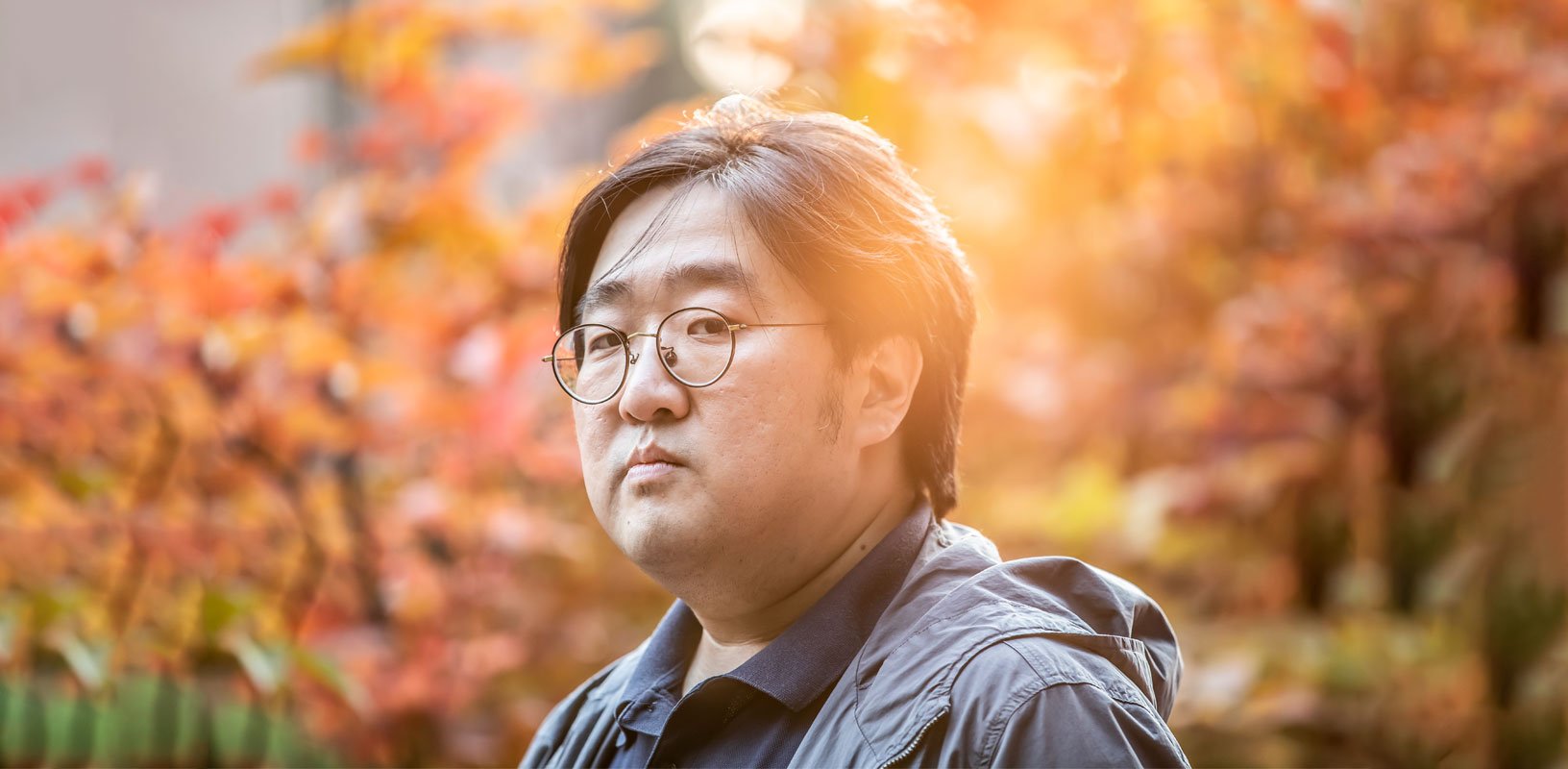Donghoon Shin: double concerto for sheng and accordion

The first work by Donghoon Shin under his new Boosey & Hawkes publishing contract is a double concerto for sheng and accordion. The premiere of Double Act is in Bochum on 19 November, with future performances planned by orchestras in France and South Korea.
The highly distinctive coupling of sheng and accordion creates a unique soundworld in Donghoon Shin’s new double concerto, the first work under his new publishing contract with Boosey & Hawkes. Entitled Double Act, the score not only celebrates the similarities and differences between the two wind-based instruments but also refers to twin dancers in the Manzai tradition originating in Korea and Japan.
The first performance is given on 19 November by soloists Wu Wei and Pascal Contet with the Bochum Symphony Orchestra under conductor Tung-Chieh Chuang. Further performances are planned in future seasons in France and South Korea by co-commissioners the Orchestre de Bretagne, the Busan Philharmonic Orchestra and the Tongyeong International Music Festival, all featuring the same duo of soloists.
Donghoon Shin explains the genesis of the double concerto: “The combination of the two instruments, sheng and accordion, is intriguing due to the ironical discrepancies and similarities of this pair. Their timbres may appear to be quite homogeneous but they have completely different mechanisms of sonic production and can also project distinctive soundworlds that are very far apart.
“The curious relationship made me think of two Manzai dancers in a Korean/Japanese traditional double act, whom I imagined to look very much alike but possess personalities and characteristics at opposite ends of the spectrum. I decided to create an ‘imaginary music theatre’ which is full of humour, irony and paradox, led by two Manzai dancers, the sheng and the accordion.”
The concerto is cast in two parts, with the first depicting the two dancers making the long journey to a mountain village and falling asleep to dream of their coming performance. When they awake they realise they are late and start to run towards the village. The second part depicts the Manzai act itself, with sheng, accordion and orchestra representing the poet, his shadow and the moon respectively. After dancing together, they go their separate ways leaving the poet alone once more.
An inspiration for the score’s ‘double act’ in the second part was Li Bai’s legendary poem ‘Drinking Alone with the Moon’ which contains the lines ‘I asked the bright moon To bring me my shadow and make us three’ and ‘The moon encouraged me. I danced. My shadow tumbled after’.
Donghoon Shin’s recent cello concerto, Nachtergebung (2021-22), for Bruno Delepelaire and the Karajan Academy conducted by Kirill Petrenko, was premiered in May in Berlin (published by Ricordi). Kafka’s Dream (2018-19), inspired by Argentinian writer Jorge Luis Borges’s essay about Kafka, is toured by the Seoul Philharmonic this autumn with two performances at the Salzburg Festspielhaus on 20 and 21 October. Shin’s next project is a new orchestral work for premiere by the Los Angeles Philharmonic under Osmo Vänskä on 7 April 2023, with the new score travelling on to Bamberg, Seoul and Amsterdam.
> Further information on Work: Double Act
Photo: Lee Tae Kyung the Chosunilbo
